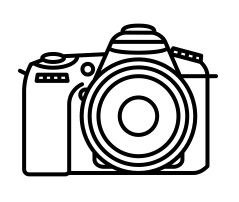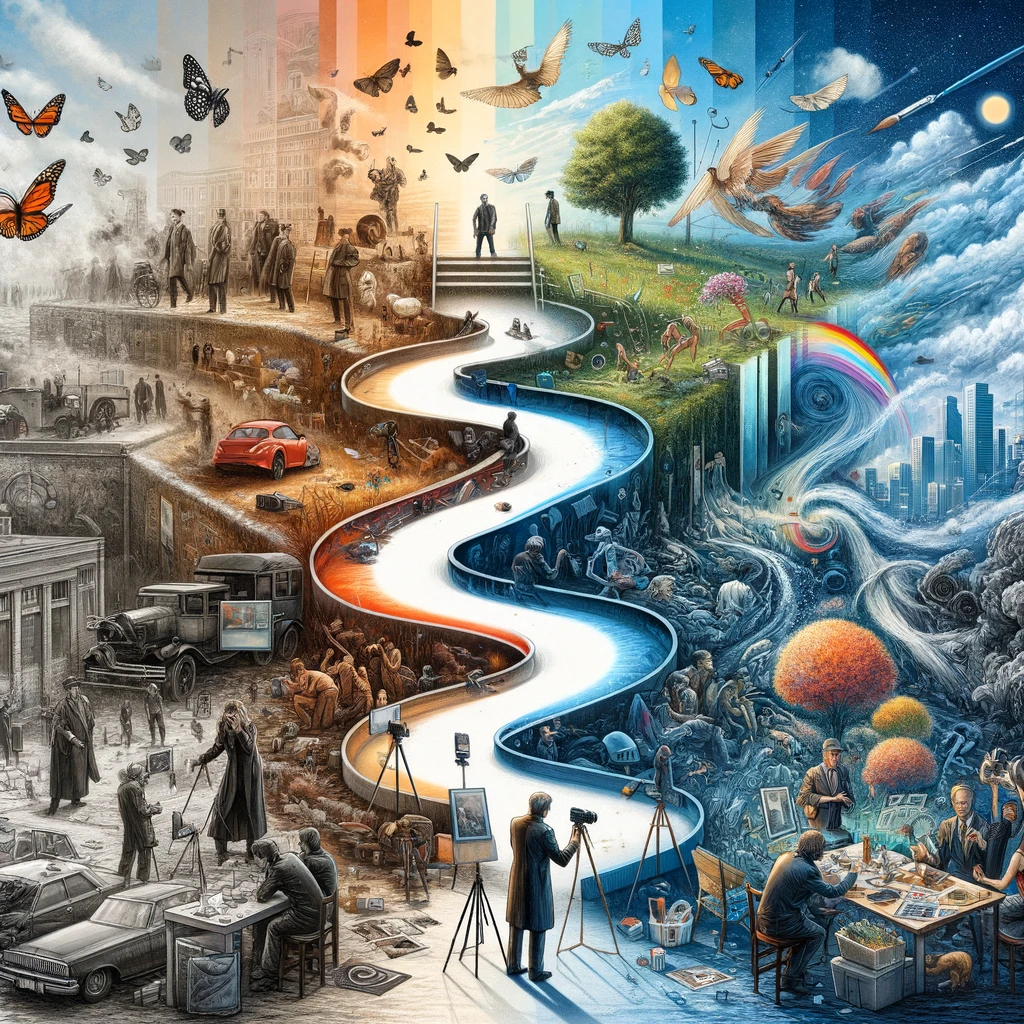Introduction to “Why Art Photography?”
Lucy Soutter’s “Why Art Photography?” is an insightful exploration into the nature, purpose, and understanding of art photography in the contemporary world. Soutter addresses the evolving landscape of photography as it straddles the lines between art, documentation, and personal expression. The book navigates through various debates and discussions surrounding the status of photography as an art form, the role of the photographer as an artist, and the impact of photography on society and culture.
The Nature of Art Photography
Soutter begins by defining art photography as a practice that transcends mere documentation to express an idea, emotion, or concept. She distinguishes art photography from commercial and documentary photography, noting that art photographers often work within the context of the gallery system and the broader art market. Art photography is characterized by its intentionality, where the photographer’s vision and the conceptual framework behind the work are paramount.
Historical Context
The book provides a historical overview of photography’s acceptance into the realm of fine art. Soutter discusses key movements and figures that have shaped art photography, from Pictorialism in the late 19th and early 20th centuries to the conceptual approaches of the 1960s and beyond. She explores how technological advancements, shifts in cultural perspectives, and changing attitudes towards the medium have influenced the development of art photography.
Key Debates and Themes
Soutter delves into several critical debates within art photography, including the tension between representation and abstraction, the ethics of manipulation and staging, and the impact of digital technologies. She addresses the question of originality in photography, given the medium’s reproductive nature, and explores how photographers navigate the balance between creating unique works of art and engaging with mass media and popular culture.
The Role of the Photographer
A significant portion of the book is dedicated to examining the role of the photographer in art photography. Soutter discusses the transition from photographer as a passive observer to an active creator, who uses the medium to critique, question, and explore. She highlights the importance of context—how the meaning of a photograph can shift dramatically depending on where and how it is presented.
Contemporary Practices
Soutter provides insight into contemporary art photography practices, showcasing how artists are pushing the boundaries of the medium. She explores the use of photography in multimedia and installation art, the rise of autobiographical and narrative approaches, and the ongoing exploration of identity, memory, and place in photography.
Critical Reception and the Art Market
The book also touches upon the reception of art photography within the art world and its position within the art market. Soutter examines the challenges and opportunities faced by photographers in gaining recognition and navigating the commercial aspects of the art world. She discusses the role of galleries, curators, and collectors in shaping the careers of art photographers.
Conclusion: The Future of Art Photography
In the concluding section, Soutter reflects on the future of art photography, considering the impact of ongoing technological changes and the expanding definition of what photography can be. She suggests that as photography continues to evolve, so too will its role within the arts, offering new possibilities for expression and exploration.
“Why Art Photography?” by Lucy Soutter is a comprehensive and thought-provoking examination of art photography. Through historical context, analysis of key themes and debates, and exploration of contemporary practices, Soutter offers readers a deep understanding of the complexities and richness of photography as an art form. Her work encourages readers to consider the myriad ways in which photography can convey meaning, challenge perceptions, and engage with the world.
Reference
Soutter, L. (2013). Why art photography? Routledge.
[Written and illustrated with the help of ChaptGPT 4 and Dall-e 2..]


